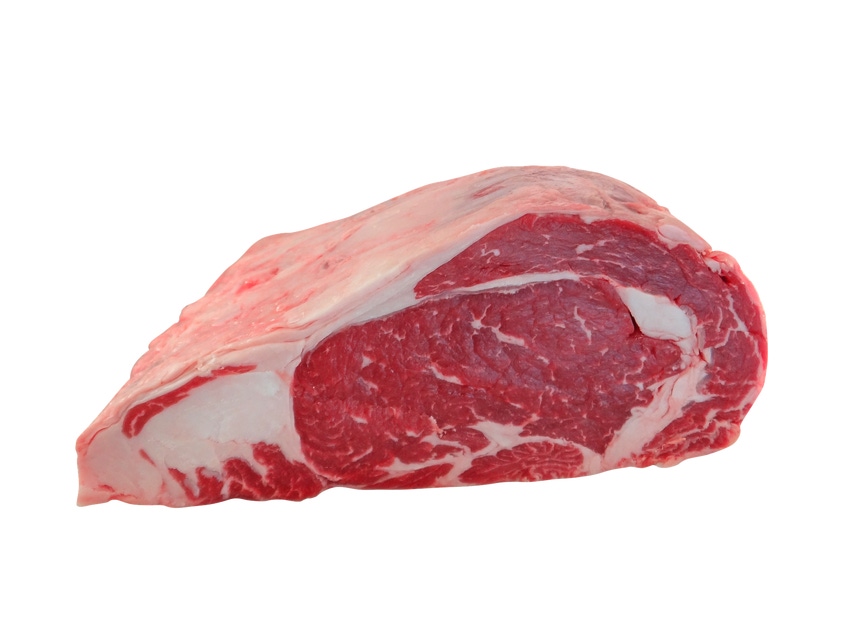As it turns out, the things we love to eat aren’t so bad after all!
September 11, 2017

Malcolm Gladwell (Revisionist History) refers to it as, “A medical mystery – a detective story about a long-forgotten scientific study – a study with a crucial clue.” I view it less a detective story (Agatha Christie) and more a stage play (Tennessee Williams). Either way, it’s compelling and the implications are critically important.
Here enters the first main character: Ivan Frantz, MD, formerly employed by the University of Minnesota. Frantz was a staunch proponent of replacing animal fats with vegetable fats in the diet to lower cholesterol. His commitment led him to establish the National Diet-Heart Study (in cooperation with the National Institute of Health) to better understand the relationship between diet, cholesterol and heart disease.
The study was carefully constructed to avoid statistical noise; the data would produce clear answers. Gladwell describes the findings (published in 1968) this way: “…patients on vegetable oil did end up with lower cholesterol than the people who ate food cooked with animal fats. That part worked according to expectation.”
What does he mean, “that part…”? This is where the story gets rich. Gladwell further explains: “…the vegetable oil people didn’t live longer – which made no sense. They were eating the kind of diet everyone believed should help you live longer.” Frantz was disappointed; the meticulous study didn’t yield any differences in life expectancy.
But there’s another character in our story: Christopher Ramsden, MD – National Institute of Health. His research interests motivated him to hunt down Frantz’s raw data. He wants to explore the effect of non-saturated fats in the diet. Ivan’s son – Dr. Robert Frantz of the Mayo Clinic – ultimately finds the data stored in his father’s basement (hence, Gladwell’s podcast title, “The Basement Tapes”).
Ramsden’s analysis of Frantz’s data (published in the British Medical Journal) reinforces the initial findings: vegetable oil effectively reduces cholesterol. However, Ramsden also accounts for the missing influence on life expectancy. That is, ingesting more vegetable oil may negate any benefit derived from lowered cholesterol.
That’s largely explained by increased linoleic acid consumption. The authors explain that, “…mean linoleic acid intake in the U.S. of about 17 g a day (7% of calories) is much higher than the approximately 6 g of daily linoleic acid provided by natural food diets without added vegetable oils. If these concentrated sources are considered to be dietary supplements, on average Americans ingest the equivalent of 11 capsules of 1 g linoleic acid a day above and beyond intake from natural foods… While the biochemical and clinical consequences of high intakes are incompletely understood, there is a possibility for unintended harm.”
In other words, since the scientific and medical communities became obsessed with lowering our cholesterol, we’ve essentially tripled our linoleic acid consumption. In effect, we’re conducting an ongoing, uncontrolled human experiment – one which isn’t necessarily beneficial. Ramsden’s conclusion is as follows:
“Available evidence from randomized controlled trials shows that replacement of saturated fat in the diet with linoleic acid effectively lowers serum cholesterol but does not support the hypothesis that this translates to a lower risk of death from coronary heart disease or all causes. Findings from the Minnesota Coronary Experiment add to growing evidence that incomplete publication has contributed to overestimation of the benefits of replacing saturated fat with vegetable oils rich in linoleic acid.”
Bottom-line: replacement of saturated fat DOES NOT make you live longer!
Gladwell reinforces the importance of the conclusion – because it’s contrary to conventional thinking in the scientific community: “Remember, this is a super-cautious scientist speaking – in the final paragraphs of a scientific, peer-reviewed research paper that was probably rewritten and rewritten ten times to tone it down as much as possible.” Ramsden is telling his peers that by solving one problem, we’ve created another.
Two years before Ramsden publishes his results, Nina Teicholz (The Big Fat Surprise) summarized that potential this way:
“Indeed, the disturbing story of nutrition science over the course of the last half-century looks something like this: scientists responding to the skyrocketing number of heart disease cases, which had gone from a mere handful in 1900 to being the leading cause of death by 1950, hypothesized that dietary fat, especially of the saturated kind (due to its effect on cholesterol), was to blame. This hypothesis became accepted as truth before it was properly tested. Public health bureaucracies adopted and enshrined this unproven dogma.”
Our story has many themes. First, the radical changes in diet that we’ve made during the past 40 years hasn’t really made us any healthier – at least when measured by life expectancy. Therefore, it blows up every assumption we possess about diet, health, and longevity. Second, and maybe worse, it highlights how the medical and scientific communities have gotten it wrong; they’ve mindlessly gone along with the non-saturated-fat-is-better dogma.
In the end, it turns out the things we love to eat aren’t so bad after all! But now comes the hardwork – we have to begin chipping away at many established dietary prejudices. That’s no easy task; it’s a runaway train that’ll require lots of effort to get stopped. Until that happens, go sneak a burger and some ice cream – it might just buy us some extra time to spread the truth.
About the Author(s)
You May Also Like

.png?width=300&auto=webp&quality=80&disable=upscale)

